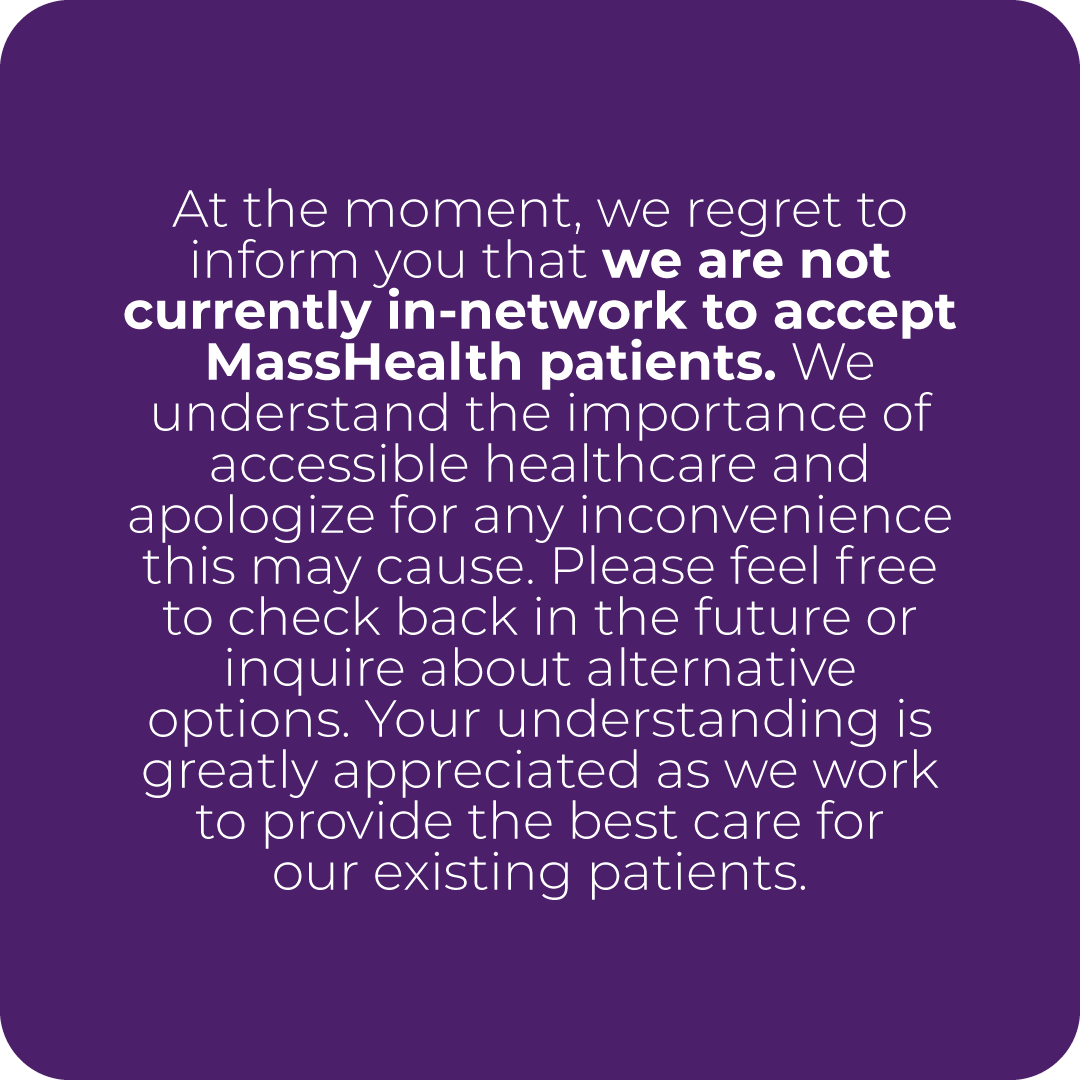Stress and Oral Health
Stress can manifest itself in numerous ways within the oral cavity, affecting various aspects of oral health. Here are some of the ways stress can influence oral health:
- Bruxism (Teeth Grinding): One of the most common manifestations of stress is bruxism, known for grinding or clenching of teeth. Bruxism can lead to tooth wear, enamel erosion, jaw pain, headaches, and temporomandibular joint (TMJ) disorders. Learn more about TMJ and how we can help discern the factors behind your TMJ disorder and can recommend treatment.
- Gum Disease: Chronic stress weakens the immune system, making individuals more susceptible to infections, including periodontal (gum) disease. Studies have shown that stress can impair the body’s ability to combat gum infections, leading to inflammation, bleeding gums, and eventually, periodontal disease if left untreated. Learn more about the help we can offer through periodontic treatment.
- Poor Oral Hygiene: During periods of high stress, individuals may neglect their oral hygiene routines. This can result in inadequate brushing and flossing, leading to a buildup of plaque and bacteria. Poor oral hygiene increases the risk of cavities, gum disease, and bad breath.
- Dry Mouth: Stress can cause a decrease in saliva production, leading to dry mouth. Saliva plays an important role in maintaining oral health by neutralizing acids, washing away food particles, and preventing bacterial overgrowth. Dry mouth can contribute to tooth decay, bad breath, and oral discomfort.
Stress and Overall Health
Beyond oral health, stress can have a big impact on your overall health. The effects of chronic stress on the body are far-reaching and can contribute to various health problems.
- Cardiovascular Issues: Prolonged stress can trigger a physiological response known as the “fight-or-flight” response, leading to an increase in heart rate and blood pressure. Over time, chronic stress can contribute to the development of cardiovascular diseases, including hypertension, heart attacks, and strokes.
- Weakened Immune System: Stress hormones, such as cortisol, suppress the immune system’s effectiveness, making individuals more susceptible to infections and illnesses. This can result in more frequent colds, flu, and other infections.
- Mental Health Disorders: Chronic stress is closely linked to mental health disorders, including anxiety and depression. These conditions can further stress levels.
- Digestive Issues: Stress can disrupt the digestive system, leading to problems such as irritable bowel syndrome (IBS), stomach ulcers, and acid reflux. These conditions can cause discomfort and affect nutrient absorption.
Managing Stress and Promoting Well-being
Given the impact of stress on both oral health and overall health, it is crucial to adopt effective stress management techniques. Here are some strategies that can help:
- Regular Exercise: Engaging in physical activity promotes the release of endorphins, which can elevate mood and reduce stress levels. Exercise also improves cardiovascular health, strengthens the immune system, and enhances overall well-being.
- Stress-Relief Skills: Incorporating stress-relief techniques such as deep breathing exercises, meditation, yoga, and mindfulness can help reduce stress levels and promote relaxation.
- Healthy Lifestyle: A well-balanced diet, adequate sleep, and avoiding excessive caffeine, alcohol, and tobacco can support overall well-being and reduce the negative effects of stress.
- Seeking Support: Talking to friends, family, or a mental health professional can provide emotional support and guidance for managing stress effectively.
- Oral Hygiene Practices: Maintaining a consistent oral hygiene routine, including brushing twice a day, flossing daily, and preventive care check-ups, is essential for preserving oral health and preventing dental problems.
Stress is an ever-present aspect of modern life, and its impact on both oral and overall health should not be underestimated. By recognizing the connections between stress and oral health, we can take proactive steps to manage stress effectively and promote a healthier, happier life. Through stress management techniques, healthy lifestyle choices, and maintaining good oral hygiene practices, we can moderate the negative effects of stress and achieve a better balance between our mental, physical, and oral health.
Contact us today to schedule your preventive care visit: 781.650.2200 or find us on social media:






